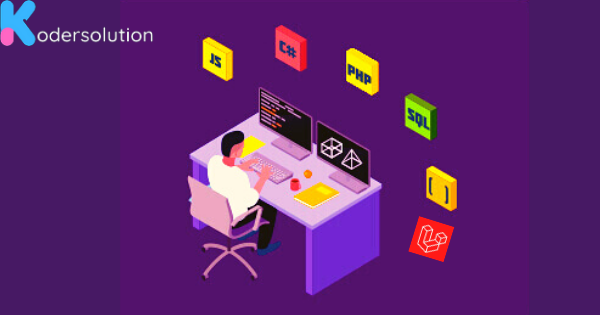
Learning JavaScript, one of the most widely used programming languages in web development, opens up numerous opportunities for aspiring developers. However, with an abundance of resources available, it can be challenging to determine the most effective approach for mastering JavaScript. In this article, we will highlight the seven best approaches to learning JavaScript, ensuring a structured and efficient learning journey.
-
Online Tutorials and Courses: Online tutorials and courses offer a structured learning experience for beginners. Platforms like Codecademy, Udemy, and Coursera provide comprehensive JavaScript courses taught by experienced instructors. Choose courses that include practical exercises and projects to reinforce your understanding.
-
Interactive Coding Platforms: Interactive coding platforms, such as FreeCodeCamp and The Odin Project, offer hands-on coding challenges and projects to enhance your practical skills. These platforms often have vibrant communities where you can seek guidance and collaborate with fellow learners.
-
Documentation and Official Resources: JavaScript has extensive documentation available on the official Mozilla Developer Network (MDN) website. This comprehensive resource covers every aspect of the language, including syntax, functions, and APIs. Make it a habit to refer to the official documentation regularly to deepen your understanding.
-
Practice with Real-World Projects: Building real-world projects is an excellent way to apply your JavaScript knowledge. Start with simple projects, like creating a calculator or a to-do list app, and gradually tackle more complex challenges. Working on projects helps you understand how JavaScript is used in practical scenarios and boosts your problem-solving skills.
-
Join Coding Communities: Engaging with coding communities, such as Reddit's r/learnjavascript or Stack Overflow, provides opportunities to ask questions, seek advice, and learn from experienced developers. Active participation in these communities enables you to stay updated with the latest trends, best practices, and emerging techniques.
-
Contribute to Open Source Projects: Contributing to open source projects allows you to collaborate with experienced developers and gain practical experience. Explore GitHub repositories related to JavaScript and find projects aligned with your interests. Contributing to open source projects not only helps you improve your coding skills but also enhances your visibility within the developer community.
-
Build a Personal Portfolio: Creating a personal portfolio to showcase your JavaScript projects is crucial for landing job opportunities. Develop a portfolio website and include your best projects, highlighting your JavaScript expertise. A well-designed portfolio demonstrates your dedication and skills to potential employers or clients.
Conclusion: Mastering JavaScript programming requires a combination of structured learning, practical experience, and engagement with the developer community. By following the seven approaches mentioned in this article, you can establish a strong foundation in JavaScript and embark on a successful programming journey. Remember, persistence, consistent practice, and a thirst for learning will ultimately lead you to JavaScript mastery.
Recent Posts
Categories
Get The latest Coding solutions.
Subscribe to the Email Newsletter



